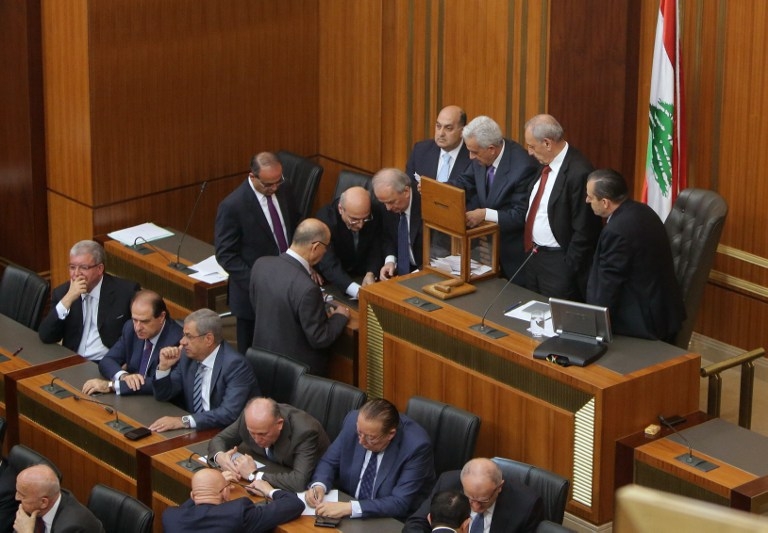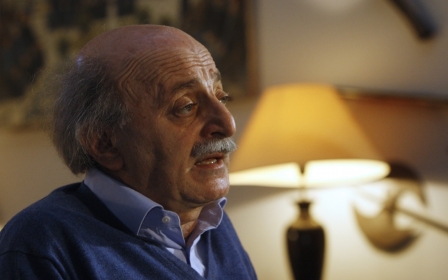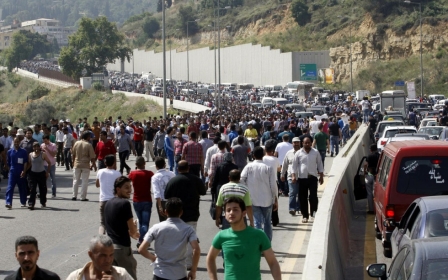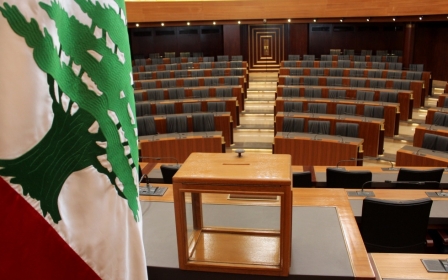UN "disappointed" at Lebanese failure to elect President

The UN Security Council has called for elections to take place in Lebanon “as soon as possible” and has expressed “disappointment and concern” that a new President has not yet been elected in the country.
In a unanimous declaration, the Council's 15 member states urged the country's parliament "to uphold Lebanon's long standing democratic tradition and to work to ensure that presidential elections take place as soon as possible and without external interference."
Lebanon’s parliament has convened five times over the past two months to try and elect a successor to Michael Suleiman - whose term expired on May 25 - but have repeatedly failed due to a lack of quorum.
The Council said it "reiterates its full support for the government of Lebanon to discharge its duties during this interim period."
It also emphasized "the need for sustained international support to Lebanon in addressing the economic, security and humanitarian challenges."
New MEE newsletter: Jerusalem Dispatch
Sign up to get the latest insights and analysis on Israel-Palestine, alongside Turkey Unpacked and other MEE newsletters
In addition, the Council "stressed the importance for all Lebanese parties to... refrain from any involvement in the Syrian crisis."
A number of factors have disrupted attempts to stabilise Lebanon’s political system.
The continuous civil war in Syria has been a major cause of turmoil in the country, partly due to the massive influx of refugees which has considerably expanded the country’s population, but also due to the political divide emerging between the supporters of Bashar Al-Assad’s government and the supporters of the opposition rebels.
Lebanon's March 8 Alliance - including the Shia Islamist group Hezbollah - backs Syria's regime, while the March 14 bloc largely backs the uprising next door.
Damascus occupied Lebanon for nearly 30 years and still exerts significant influence over the country through Hezbollah, which is also a close ally of Iran.
Middle East Eye delivers independent and unrivalled coverage and analysis of the Middle East, North Africa and beyond. To learn more about republishing this content and the associated fees, please fill out this form. More about MEE can be found here.




